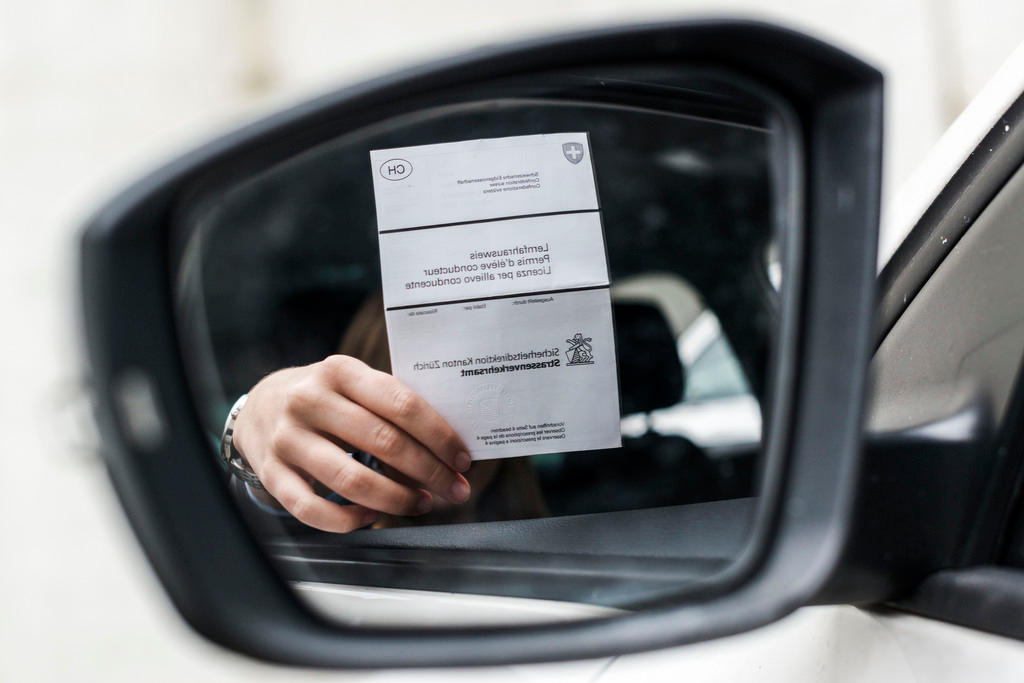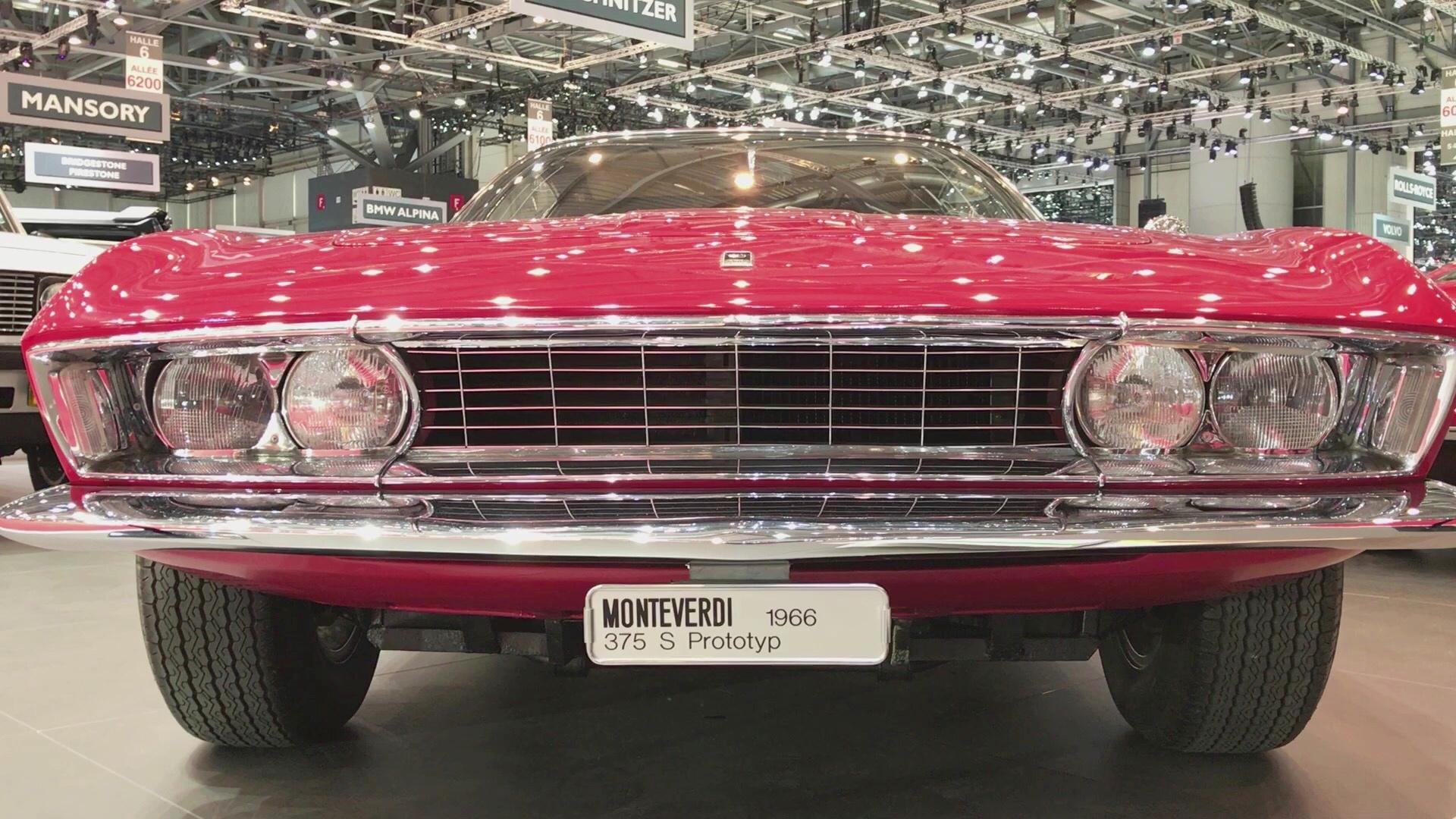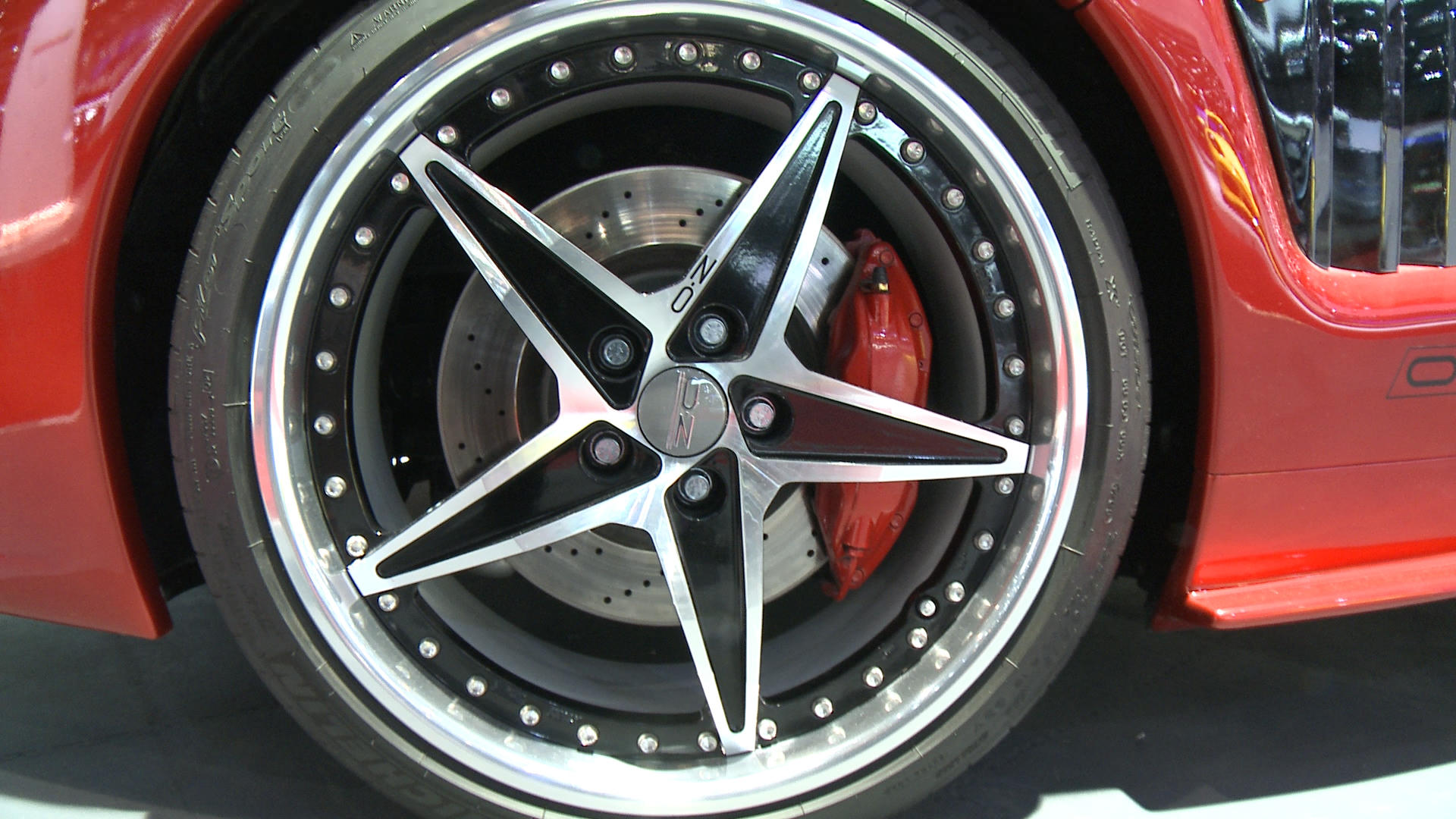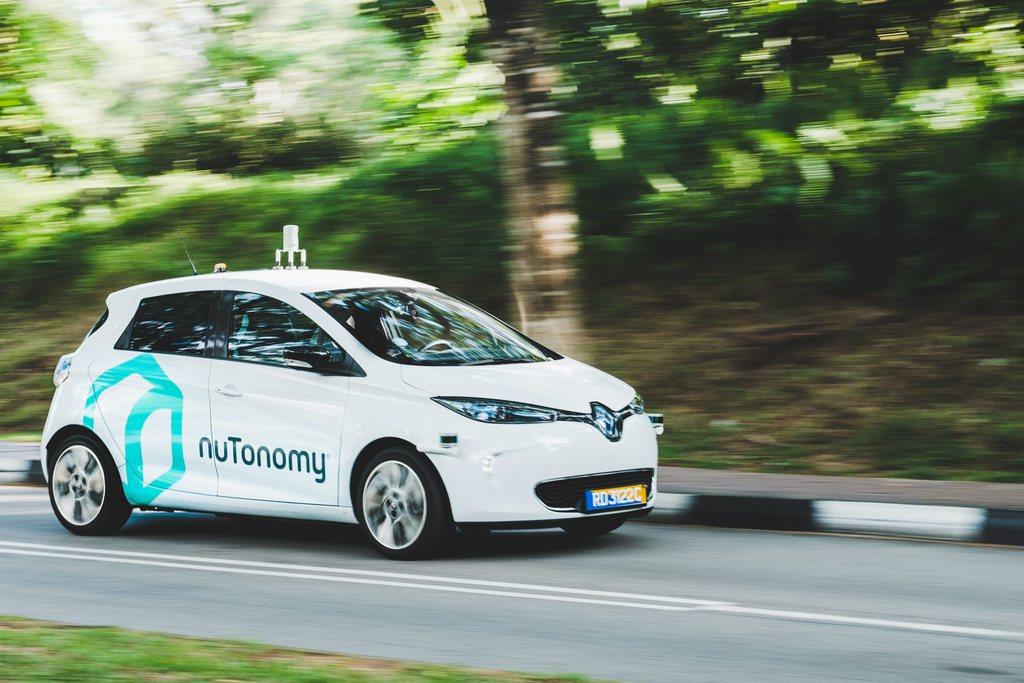Why young people are falling out of love with cars

Geneva attracts global attention for its motor show currently underway, but fewer and fewer young adults in Geneva itself are showing an interest in cars.
For decades, youngsters have drooled over Ferraris, Lamborghinis and other supercars, and longed for the day when they turn 18 and finally get the keys to their very own car.
But fewer young adults are getting their licence and their interest in the latest models is reflected in the percentage of people aged 18-34 visiting the Geneva showExternal link. Their numbers have fallen from 50% of the total in 2006 to 46% in 2016.
According to Vincent KaufmannExternal link, a mobility expert at Lausanne’s Federal Institute of Technology (EPFL), a combination of factors – from improved public transport to the rising costs of car ownership and distractions like mobile phones and the internet – have led to a ‘major disenchantment’ with cars among the under-25s.
The professor has just completed a survey in Italy, Germany, France, Spain and for the Japanese carmaker Toyota looking at whether the proportion of young Europeans getting their licence is dropping off, as it is in Japan.
For Kaufmann the results are clear: teenagers and twentysomethings in European towns and cities are increasingly reluctant to get behind the wheel.
“The use of cars by young people in urban areas and the percentage of young people with driving licences have dropped considerably over the past ten years,” he told swissinfo.ch.
Falling numbers
In Switzerland this is also the case for its bigger towns and cities. For example, in canton Geneva, home to the Geneva International Motor Show currently underway, the proportion of under-25s getting their licence has fallen from 75% 15 years ago to 65%, he added.
Roger Jenny, director of finance at Geneva’s cantonal vehicle service, confirmed: “Ten or 15 years ago, young people were in a hurry to get their licence when they turned 18. This is less the case today. They generally wait until they are 20-25.”
A mini straw poll of Geneva youngsters seemed to back up this urban trend.
“I’d say people get their licence less and less, and later too,” said 18-year-old Marco, who studies at the Collège Sismondi secondary school in Geneva. “In recent years many people have started getting their licence in their 20s, as there is less need.”

More
Are Geneva youngsters steering clear of cars?
So why are urban youngsters getting turned off by the car?
“Some consider owing their own car as something old-fashioned or uncool. Some criticize cars as being a major source of pollution, while others are put off by the cost, especially the cost of learning in Switzerland – over CHF1,000 – and insurance,” said Kaufmann.
But other factors come into play. Some suggest that smartphones have replaced cars as the must-have status symbol.
Kaufmann concurred: “Some youngsters say they want to do other things like using their phones when they are making a journey and don’t want to waste time. They say they can’t do that when driving in a car,” he noted.
“Cars are not uncool but I don’t really need one, said 19-year-old Tsilah. “I’ll probably take my licence later but I don’t really plan to get a car as living in the city I don’t really need one.”
City vs. the countryside
Kaufmann’s overall results are nuanced, however. In rural areas, the opposite is occurring – the number of young drivers is rising, especially in Germany and Switzerland.
“In the countryside population numbers are decreasing. There are fewer public transport options, and essential services like post offices and shops are disappearing so people are becoming more dependent on their cars to get what they need,” the EPFL researcher explained.
But the two opposing trends are not balancing each other out, as more people are moving to the cities.
This is not just about the city versus the countryside, however. Obvious differences emerge when comparing young people who finish their studies early and start a job with those who decide to go on to university, for example.
“It’s clear that young people who do shorter studies are increasingly interested in cars. If you are a factory worker and your job is not somewhere very accessible like an industrial zone, you will perhaps need a car, while a manager based in town with fixed hours can easily do without one,” he added.
In general, however, in Western Europe young people’s interest for cars appears to be cooling.
“The image of the car as a positive status symbol and extension of your personality has been in free fall among young people. It’s no longer a symbol of freedom,” said Kaufmann.
The 87th Geneva International Motor Show is running from March 9-19. This year’s show is expected to attract 700,000 visitors in ten days, making it the biggest crowd-pulling event in the Swiss calendar. It’s also one of the world’s most important automobile shows, together with Frankfurt, Paris, Detroit und Tokyo. Some 900 models including 148 world and European premieres are displayed in huge exhibition halls.
In parallel to the official event at Palexpo, a group of local mobility campaigners and bike lovers have launched the 9th Alternative Geneva Motor Show (L’Autre SalonExternal link). It describes itself as a ‘counter-culture event to present alternatives to the individual car’.
“The car we once knew is turning into a ‘Google-ised’ wheel chair. In Switzerland new car buyers are on average 55 years old, young people are doing without their licence and city centres are becoming pedestrianized… the car is dying,” the alternative show declared in its programme.
The ten-day event includes walks, concerts, artistic events, a scooter tour of Geneva, a conference by Vincent Kaufmann on the challenges of driverless cars, and the Brompton Urban Challenge, a team race across town using the well-known fold-up bicycle.

In compliance with the JTI standards
More: SWI swissinfo.ch certified by the Journalism Trust Initiative



You can find an overview of ongoing debates with our journalists here. Please join us!
If you want to start a conversation about a topic raised in this article or want to report factual errors, email us at english@swissinfo.ch.